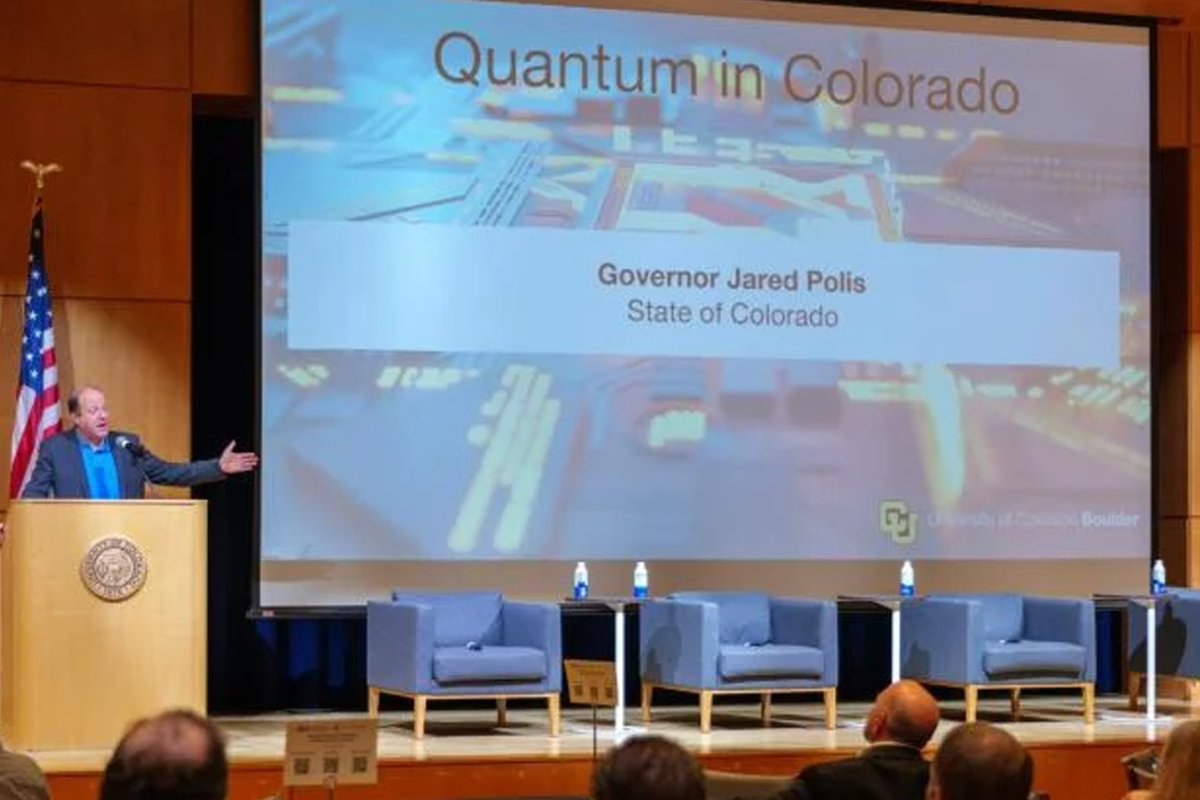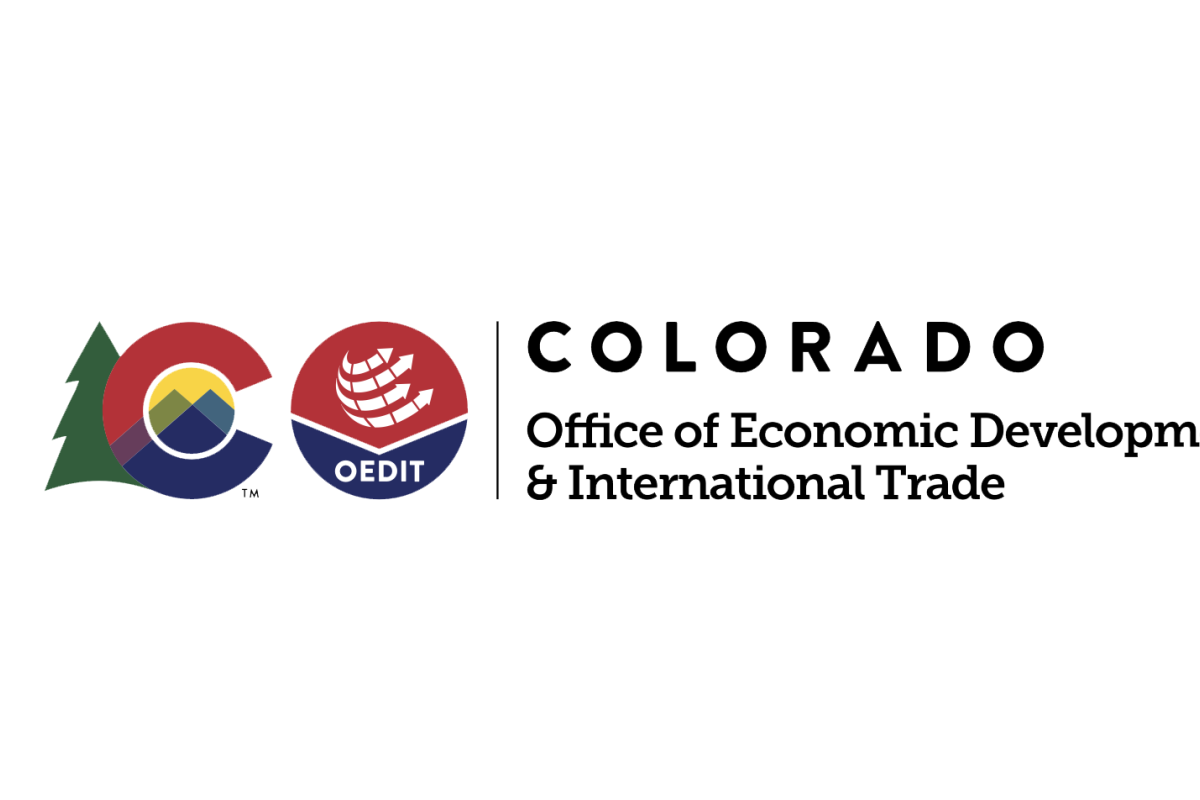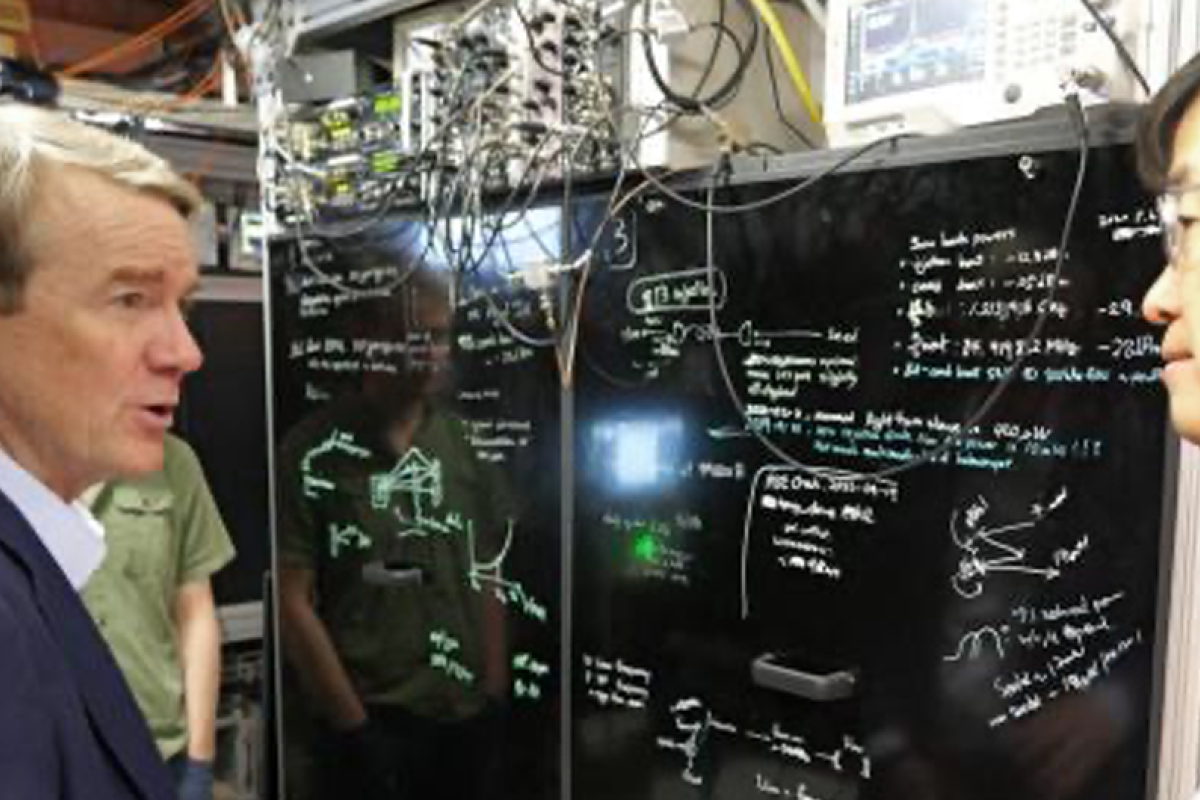Home
Developing the next generation of quantum engineering science and technology
Created in 2021, the initiative is a significant and strategic investment into translational quantum engineering research – especially in the field of quantum sensing, which has been a strength in the college for years. QEI specifically includes educational components, faculty hiring efforts, and dedicated lab space for collaboration with partners both on and off CU Boulder’s campus.
QEI was created to:
- Organize and support engineering faculty expertise and foster new and ongoing collaborations with external partners, including national laboratories in and around Boulder, Colorado.
- Organize and support new faculty hires, as well as adjoint faculty appointments for National Institute of Standards and Technology researchers.
- Develop and define the next generation of quantum engineering science and technology discoveries.
- Grow the quantum workforce through educational and interdisciplinary research opportunities for students of all backgrounds and disciplines.
- Create technology transfer outreach and programs specifically tailored to quantum science and engineering.




